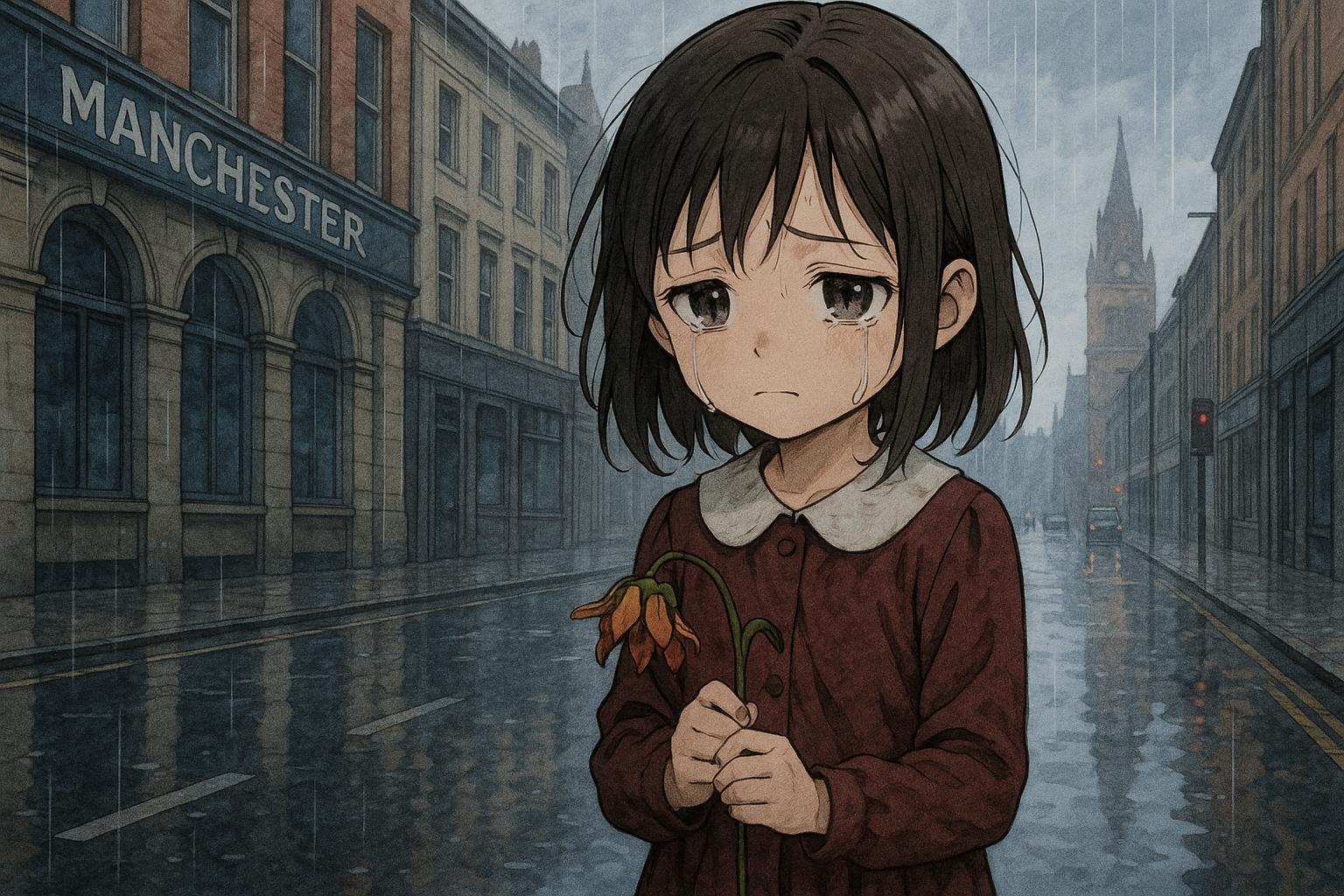A tragic incident in Manchester highlights the stark reality of Britain’s escalating drug-driving crisis, with the heart-wrenching story of three-year-old Louisa "Lulu" Palmisano, who was fatally struck by a van driven by Rawal Rehman. Following a cocaine-fuelled binge, Rehman had more than 20 lines of the drug in his system when he mowed down the innocent toddler during a morning stroll with her mother. His subsequent 12-year prison sentence reflects a grim trend: drug-related road deaths have surged by 164 per cent in less than a decade.
Cocaine, now a common fixture in Britain's illicit drug landscape, has seen usage rates that experts describe as "ubiquitous," with the UK boasting the world's second highest rate of cocaine consumption, only behind Australia. The escalation in cocaine use has prompted alarming statistics, including 1,118 deaths linked to the drug in just 2023—a 30 per cent increase from the previous year. Increasingly, users are driving under the influence, as the drug’s stimulating effects can lead individuals to underestimate their level of impairment, complicating the issue further.
The primary players in this burgeoning crisis are Albanian criminal organisations, which have successfully seized control of the UK cocaine market. These groups employ sophisticated tactics akin to supermarket retail, where bulk purchasing leads to lower prices and higher purity. Such practices enable them to dominate the supply chain, especially by forging direct links with South American cartels, significantly affecting the drug's availability throughout the UK. Professor Ian Hamilton, an addiction expert at the University of York, highlighted that this strategy allows these crime families to ensure their product remains attractive to consumers, as they focus on volume sales over the less frequent, more lucrative transactions of the past.
Notably, gang warfare and related violence are rising sharply due to the lucrative nature of the cocaine trade. The National Crime Agency (NCA) has noted that disputes among these gangs often escalate into serious violence, affecting innocent people and contributing to a broader culture of fear. The Albanian mafia's influence has extended across multiple UK regions, establishing strongholds that make it challenging for law enforcement to impose control. The notorious Hellbanianz gang, well-known for its dominance in East London, exemplifies how these groups assert their presence through social media and street-level violence.
Prominent figures within this dark underworld have become infamous, including Dritan Rexhepi, who was apprehended after 27 years on the run. Once a prominent figure on the Metropolitan Police's most wanted list, he led the Kompanio Bello drug cartel, believed to be responsible for trafficking substantial quantities of cocaine. Additionally, other significant operations have involved individuals like Jamie "The Iceman" Stevenson and collaborative efforts with various criminals, including Bulgarians and Italians, enhancing the multinational nature of the trade.
Law enforcement agencies have stepped up their efforts, with Border Force reporting a 75 per cent increase in cocaine seizures, amounting to over 26 tonnes intercepted last year. Additionally, UK authorities have established international partnerships aimed at tackling the problem at its source, including the deployment of British officers in Colombia and Ecuador. Yet, with more than £4 billion generated from cocaine sales annually in the UK—akin to the entire annual revenue of the publishing industry—establishing control over the trade appears an uphill battle.
As significant drug seizures continue to offer fleeting victories, the underlying issue resonates profoundly, exemplified by the case of Lulu Palmisano. It serves as a horrific reminder of the human cost behind Britain's escalating drug crisis and underscores the pressing need for comprehensive strategies to counteract this tide of drug-related violence and fatalities. Without concerted and meaningful efforts, tragedies such as this will continue to haunt the fabric of society.
Reference Map:
- Paragraph 1 – [1], [4]
- Paragraph 2 – [1], [2], [5]
- Paragraph 3 – [3], [6]
- Paragraph 4 – [2], [4], [7]
- Paragraph 5 – [1], [4]
- Paragraph 6 – [3], [6]
- Paragraph 7 – [7]
- Paragraph 8 – [1], [6]
Source: Noah Wire Services
